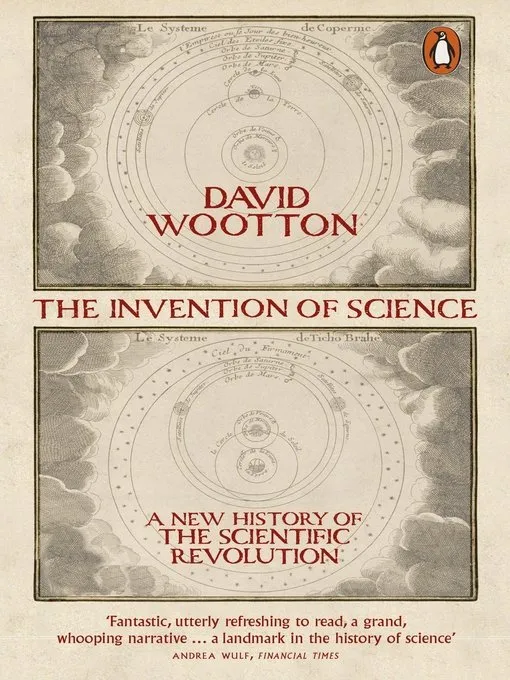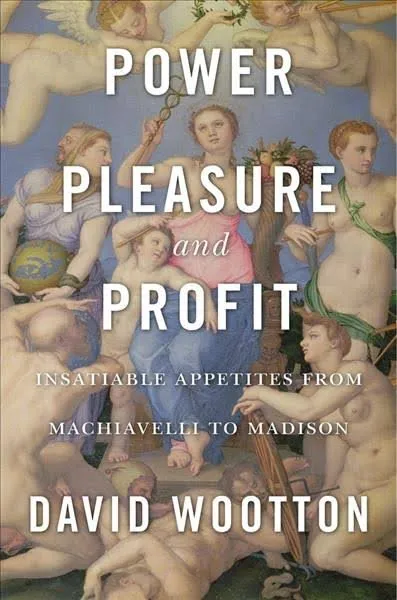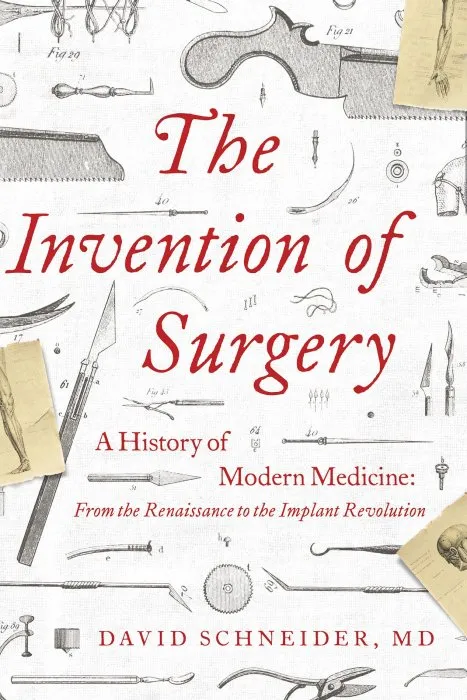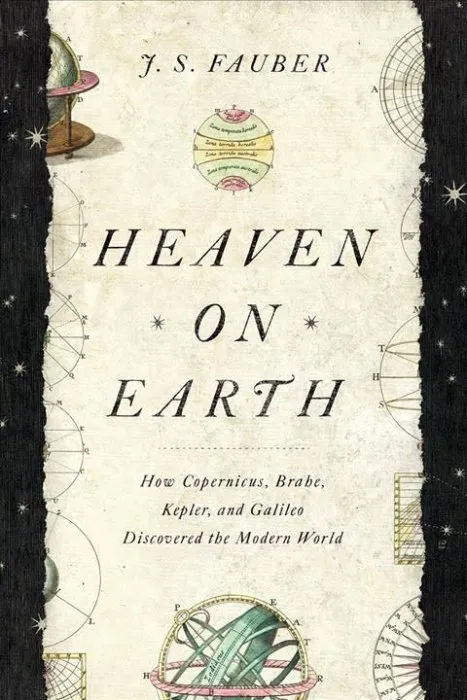The Invention of Science: A New History of the Scientific Revolution
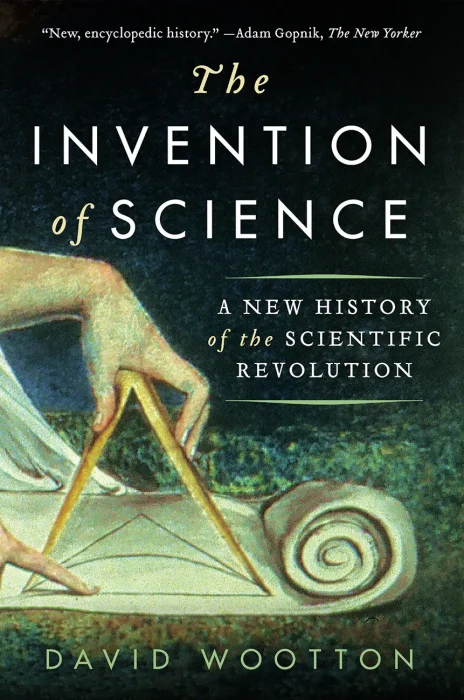
Date: December 8th, 2015
ISBN: 006175952X
Language: English
Number of pages: 784 pages
Format: EPUB
Add favorites
This "fantastic revisionist history . . . captures the excitement of the scientific revolution and makes a point of celebrating the advances it ushered in" (Financial Times).
We live in a world transformed by scientific discovery. In The Invention of Science, historian David Wootton reveals why the Scientific Revolution was truly the greatest event in our history. Spanning continents and centuries, Wootton chronicles the factors that led to this crucial transformation, and the fascinating people who made it happen.
Wootton argues that the Scientific Revolution was actually five separate yet concurrent events that merged to create a new worldview. Here are the brilliant iconoclasts—Galileo, Copernicus, Brahe, Newton, and many more curious minds from across Europe—whose studies of the natural world challenged centuries of religious orthodoxy and ingrained superstition.
From gunpowder technology, the discovery of the new world, movable type printing, perspective painting, and the telescope to the practice of conducting experiments, the laws of nature, and the concept of the fact, Wootton shows how these discoveries codified into a social construct and a system of knowledge. Ultimately, he makes clear the link between scientific discovery and the rise of industrialization—and the birth of the modern world we know.
We live in a world transformed by scientific discovery. In The Invention of Science, historian David Wootton reveals why the Scientific Revolution was truly the greatest event in our history. Spanning continents and centuries, Wootton chronicles the factors that led to this crucial transformation, and the fascinating people who made it happen.
Wootton argues that the Scientific Revolution was actually five separate yet concurrent events that merged to create a new worldview. Here are the brilliant iconoclasts—Galileo, Copernicus, Brahe, Newton, and many more curious minds from across Europe—whose studies of the natural world challenged centuries of religious orthodoxy and ingrained superstition.
From gunpowder technology, the discovery of the new world, movable type printing, perspective painting, and the telescope to the practice of conducting experiments, the laws of nature, and the concept of the fact, Wootton shows how these discoveries codified into a social construct and a system of knowledge. Ultimately, he makes clear the link between scientific discovery and the rise of industrialization—and the birth of the modern world we know.
Download The Invention of Science: A New History of the Scientific Revolution
Similar books
Information
Users of Guests are not allowed to comment this publication.
Users of Guests are not allowed to comment this publication.
